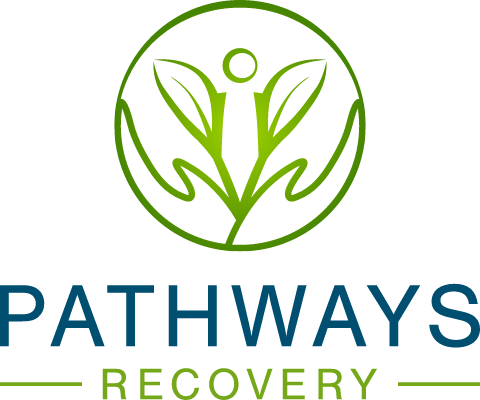Addiction can be a very isolating disease. Support groups for addiction recovery offer the opportunity for addicts to openly and honestly talk about their experiences with peers who share similar experiences with them.
Research has shown peer support groups are promising for addiction recovery. The heightened sense of understanding and empathy is what makes support groups for Recovery beneficial for addicts wherever they may be in their recovery journey. Not to mention, support groups offer the ability to gain motivation and lean on those who can relate to what they’re going through.
At Pathways Recovery, we have addiction treatment centers for men and women to receive the support and care essential to living a long-term life of sobriety. We offer a range of treatment programs, from an intensive outpatient drug rehab program to dual diagnosis treatment, and more so you can receive the exact care you need.
Pathways Recovery is a Roseville inpatient drug rehab center that offers MAT and detox in Sacramento.
Are There Support Groups for Addiction Recovery?
There are support groups for addiction recovery. Support groups offer an effective form of treatment by connecting individuals with other peers who are currently undergoing or have gone through similar experiences.
Support groups for Recovery help provide a sense of understanding that you are not alone when it comes to breaking free from addiction. Plus, recovery support groups allow peers to share similar struggles when it comes to overcoming cravings to use, how addiction impacted their relationships, career, etc.
What are the Benefits of Support Groups?
Support groups for addiction recovery offer a sense of understanding, a supportive community, and the opportunity to motivate an individual to remain sober by hearing encouraging stories from other recovering addicts that have gone through similar experiences.
Sense of Understanding/Empathy
It can be difficult to talk openly about your addiction struggles without someone who’s gone through similar experiences as you. While friends and family members can be a great support system, being surrounded by a support group of recovering addicts gives you a chance to talk openly about your struggles and hear similar experiences from others.
Less Loney/Isolated
Addiction can be a very isolating disease. Therefore, having a support group who’ve undergone similar experiences as you in the past helps make you feel less alone in actively fighting your addiction.
Increase Your Motivation to Remain Sober
Living a long-lasting life of sobriety isn’t easy. Having a support group where you can openly share any struggles or cravings you may be experiencing allows you the ability to
- Receive support and motivation from others
- Build a sense of accountability and awareness so you are less likely to fall back into old habits easily.
Examples of Recovery Groups
There are a variety of recovery groups available, so you can choose one that best meets your needs.
Different types of support groups for addiction recovery include:
12-Step Support Groups
Support groups are founded on 12 steps, essentially a set of tasks addicts face to break free of addiction and maintain lasting sobriety. Different examples of 12-step support groups include Alcoholics Anonymous and Narcotics Anonymous.
SMART Recovery
The SMART (self-management and recovery training) support group focuses more on self-empowerment rather than following a 12-step process.
Secular Organizations for Sobriety (SOS)
SOS is another self-empowerment style support group that helps participants become open and honest with their addiction to take responsibility and live a long-lasting life of sobriety.
Women for Sobriety (WFS)
Men and women struggling with addiction may experience different issues and thus may want to attend gender-specific support groups such as the Women’s For Sobriety support group.
Celebrate Recovery
For those looking for a Christian-centered support group, Celebrate Recovery focuses on helping recovering addicts via centering meetings around Christian scripture to uplift and provide hope and encouragement for participants.
There are even support groups for families of addicts. Because addiction negatively influences an addict’s behavior, this can greatly fracture relationships with friends and family members who couple benefit from a supportive community of families who have shared similar experiences.
How to Find Recovery Groups in Sacramento
If you need support, no matter where you are in your addiction recovery journey, consider finding the right recovery group for you in Sacramento.
Evaluate what type of support group may be right for your needs (i.e., spiritual support group, 12-step, etc.), and from there, research recovery groups in Sacramento.
Pathways Recovery offers a series of treatment options, including recovery support groups where clients can connect and build a sense of community to feel more understood and less alone.Struggling with addiction? Contact us today to learn how we can help you live a long-lasting life of sobriety at our drug rehab in Sacramento.


